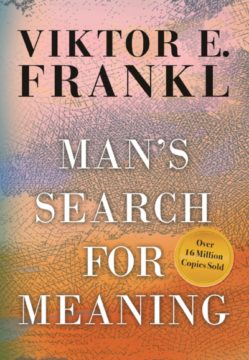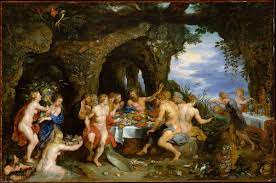by David Greer

In the mid 1990s, I asked an assortment of people to describe their favorite simple pleasures. As I expected, the responses were wide-ranging, everything from feelings of accomplishment (perfecting a Chopin étude on the piano) to intimate moments (nursing a baby) to bringing order to chaos (the zen of vacuuming). There were innovative comforts (storing sheets in the freezer for hot summer nights) and quirky delights (reading Hegel at 3 am at the all-night diner) and uninhibited messy moments (eating watermelon shirtless on a sweltering day with juice and seeds dribbling down your chest).
I remember being struck both by how pleased interviewees were to be asked about their pleasures, which they often described eloquently and at length, and by what often seemed like faint embarrassment, as if there was something a little improper about feeling so attached to experiences that weren’t somehow useful or productive. Disapproval of the deliberate pursuit of pleasure is nothing new. The Athenian philosopher Epicurus built an entire treatise around the pursuit of pleasure in the third century BCE. He was roundly criticized for it then, and Epicureanism, though it has attracted followers for more than two thousand years, is still widely dismissed as a celebration of unrestrained hedonism. Not only could nothing be further from the truth, but Epicureanism may be the philosophy best equipped for the navigation of our present age of high anxiety. More on that later. Read more »

 A dear friend of mine recently passed away unexpectedly. He had recommended I read Viktor Frankl’s
A dear friend of mine recently passed away unexpectedly. He had recommended I read Viktor Frankl’s  If philosophy is not only an academic, theoretical discipline but a way of life, as many Ancient Greek and Roman philosophers thought, one way of evaluating a philosophy is in terms of the kind of life it entails.
If philosophy is not only an academic, theoretical discipline but a way of life, as many Ancient Greek and Roman philosophers thought, one way of evaluating a philosophy is in terms of the kind of life it entails.